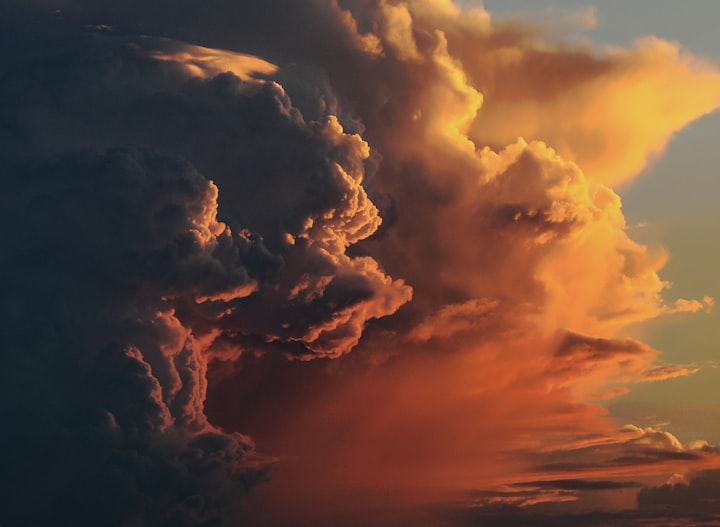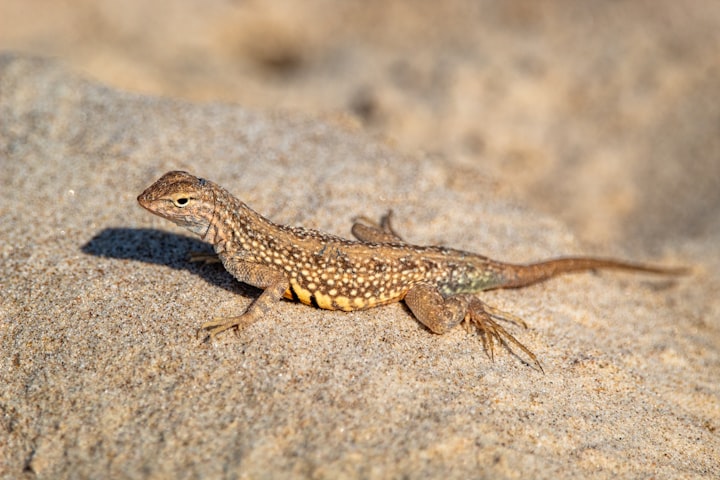The Forgotten Wisdom
Nature, society, and our struggle for meaning in one rhyming poem

Author's Note: This poem can be viewed as the reverse of my previous poem "The Lizard." In this poem, the protagonist goes from the artificial to the natural world, whereas our intrepid lizard follows the changing environment into the garden of Man. I like to think I drew inspiration from Jack London's dueling themes of wilds versus civilization in Call of the Wild and White Fang.
This poem has less of an environmental focus and instead concentrates on the contrast between the falsities of society's thousand different courtesies versus the inherent integrity of nature. The morning is cold, and the ice is slick. It does not matter if you have an existing relationship with the morning or the ice; there are no power dynamics to affect the outcome of the interaction. They are what they are, whether they are benign or malignant to the person witnessing them.
In "The Forgotten Wisdom," I take inspiration from another of my literary heroes: Edgar Allan Poe. Though the subject matter is much lighter, the language, imagery, and rhyming format follow in the footsteps of one of early America's greatest authors.
The Forgotten Wisdom
Nature does not hide Her fury:
the wind shrieks and slices,
the wave roars and crashes,
the cold blasts and bites,
the rain pounds and slashes.
Before Her unwavering might,
Man is another lowly creature,
trying, as taught, to conceal his fright.
But She does not disdain in her anger.
.
Society does not honor such honesty.
“It is primal, barbaric, unseemly.”
The painted faces turn shaded eyes away.
Their vengeance is found behind closed doors.
Their anger veiled tongues and hidden barbs.
Uncured, the wounds fester beneath civil gazes.
And so the creatures cling to society’s mores,
hailing superiority over savage worlds beyond,
when not a fresh breath is taken above polished floors
and not a sincere face is ever to be found.
.
But Nature is true in all Her faces.
After the ferocity of the midsummer storm,
She does not dull the first of the sun’s rays.
The tranquil mists over the valley as day is born.
The does frolicking in the fragrant meadow.
The soft call of the meandering brook.
The cool secrecy of the owl’s hollow.
The reverent silence of the overlook.
Most powerful of all, the stag’s heart,
as he sees the doe that makes joy boundless.
All these sights, Nature does not suppress,
so that Man might follow Her art.
.
Society disdains such pure expressions.
Man learns to smother His emotions
until they are pale shadows of former passions.
“But such ‘tis the price of civilization,”
the painted faces say, lauding their freedom.
Man realizes He has freed Himself to live as a shell
until He escapes the rusting concrete kingdom.
A creature once more, he witnesses Heaven and Hell.
The fettered heats and energies course through him.
And once more he knows Her forgotten wisdom.
About the Creator
Stephen A. Roddewig
A Bloody Business is now live! More details.
Writing the adventures of Dick Winchester, a modern gangland comedy set just across the river from Washington, D.C.
Proud member of the Horror Writers Association 🐦⬛






Comments
There are no comments for this story
Be the first to respond and start the conversation.